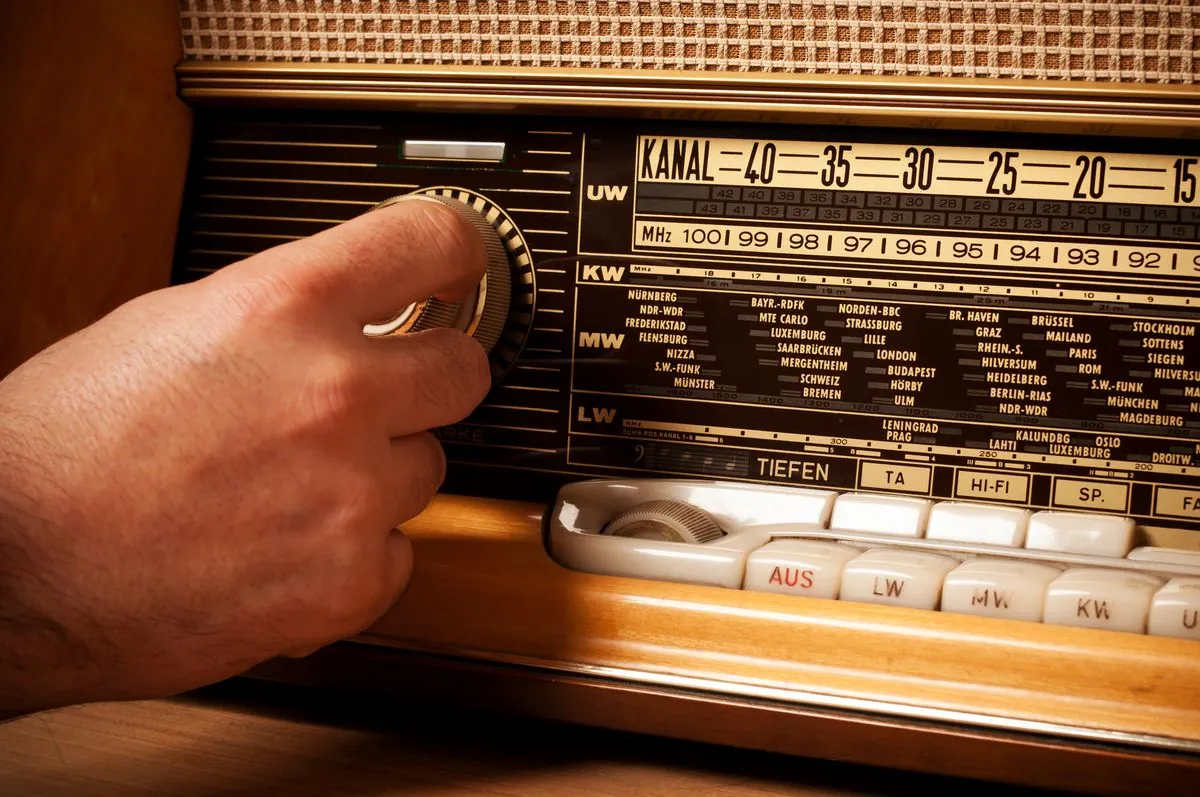Tech Trends: From Viral Checkboxes to Low-Tech Preferences
A viral checkbox website shuts down, Sonos struggles with app issues, and readers embrace simple tech solutions. This tech roundup explores the balance between innovation and user-friendly simplicity.

In the ever-evolving world of technology, recent events have highlighted the complex relationship between innovation and user satisfaction. From a viral website's brief existence to ongoing struggles with smart devices, these stories reflect the changing landscape of our digital interactions.
Nolen Royalty's "One Million Checkboxes" website captured the internet's imagination with its simple concept: a million clickable boxes that users could check or uncheck collectively. Launched in July 2024, the site quickly gained popularity, with users checking and unchecking over 650 million boxes in just two weeks. The project's ephemeral nature was part of its charm, as Royalty shut it down shortly after its peak, leaving behind a solo version for nostalgic users.

The website's success demonstrated the enduring appeal of simple online interactions. Interestingly, the first checkbox in a graphical user interface was introduced by Microsoft in Windows 1.0 back in 1985, showing how long-standing interface elements can still captivate users decades later.
Meanwhile, speaker company Sonos continues to face challenges following a problematic app update in May 2024. Despite efforts to address issues, many customers remain dissatisfied. Chris Danielson, a blind user, reported improvements in accessibility but noted that the overall experience still falls short of previous versions. The company has delayed new product launches to focus on fixing the app, highlighting the risks of internet-connected devices being vulnerable to software updates.
"We are determined to win back the trust of our customers and the reviewer community."
This situation serves as a reminder of the potential drawbacks of "smart" technology. Sonos, founded in 2002, revolutionized multi-room audio systems but now faces the challenges of maintaining complex, connected devices.
In contrast, many users are embracing simpler, "dumber" technology. Readers shared their preferences for low-tech solutions, including:
- Manual coffee grinders, which have roots dating back to the 15th century
- Clotheslines for drying laundry, a method used since ancient times
- Appliances with physical knobs instead of digital controls
- Old-school boom boxes, first created by Philips in 1969
These choices reflect a growing appreciation for reliable, straightforward technology. As Amanda Casari noted, providing her children with a simple boom box for music and audiobooks helped manage screen time while fostering independence and creativity.
The concept of "planned obsolescence" in technology, popularized in the 1950s, has led to shorter lifespans for modern devices. This trend, coupled with the potential for software updates to disrupt functionality, has driven some users to seek out more durable and predictable alternatives.
As we navigate the balance between cutting-edge innovation and user-friendly simplicity, these stories remind us that sometimes, the most effective solutions are the ones that have stood the test of time.


































